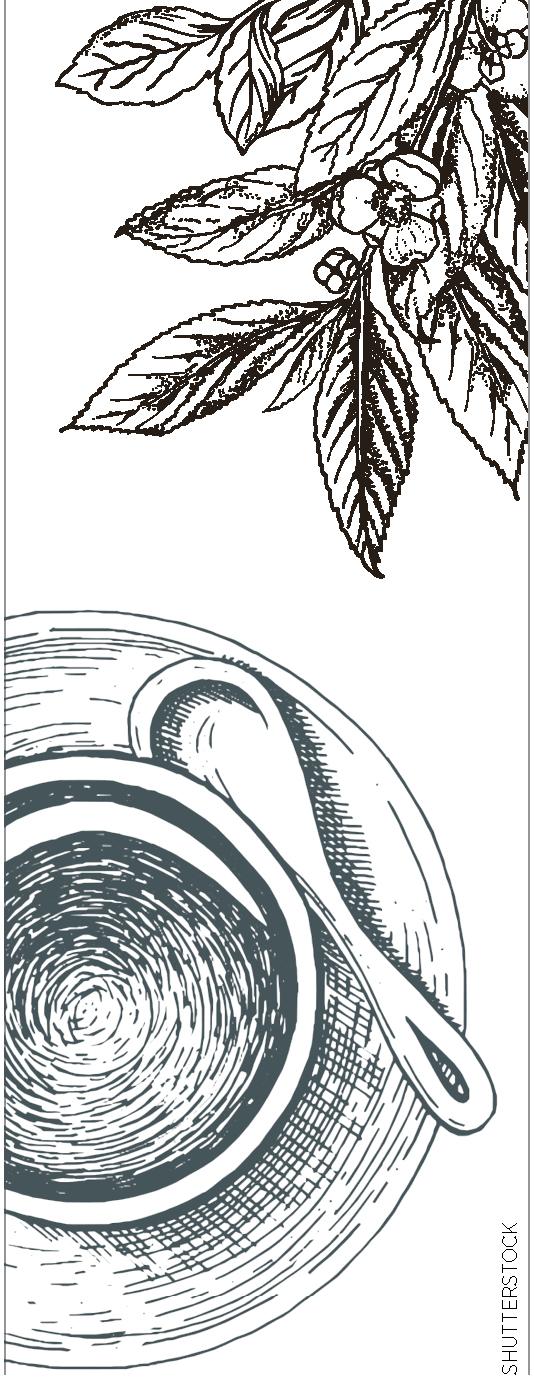Do you drink tea? Are you a tea aficionado with a collection of exotic blends? Or do you like to keep it simple and classic?
Regardless of your preferences, if you’re a tea drinker, you are on the right path. A recent study shows that drinking tea daily can help curb cognitive decline. If you are among those who rarely drink it (as in only when your coffee runs out), you may want to give it another try. At the very least, you may protect yourself from memory loss.

*





